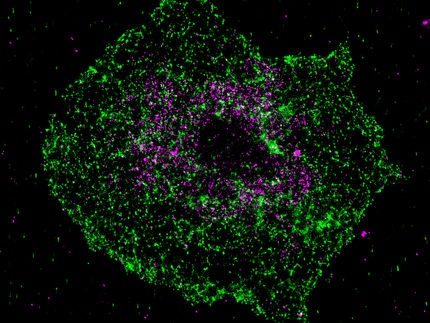Data from a post hoc analysis using desmoteplase in ischaemic stroke presented at the International Stroke Conference
Advertisement
H. Lundbeck A/S announced that data presented at the International stroke Conference (ISC) in San Antonio, Texas showed very supportive data for desmoteplase. Post hoc analysis of data from the clinical phase III study, DIAS 2, showed that the subgroup of patients with visible arterial occlusion or high-grade stenosis on baseline angiographies had improved response for desmoteplase over placebo.
Furthermore, it can be concluded that compared to previous trials (DIAS and DEDAS), patients in DIAS-2 had less severe strokes and smaller mismatch volumes. A large proportion (70.4%) of the patients in DIAS-2 did not have a visible arterial occlusion or high-grade stenosis at the time of study drug administration. These differences in baseline characteristics can explain findings such as the unexpectedly high response in the placebo group.
The data suggest that patients with a so-called Thrombolysis in Myocardial Infarction (TIMI) score of 0 or 1 revealed lower response rates in the placebo group (18%) and higher response rates in the desmoteplase groups (36% and 27% for desmoteplase 90 μg/kg and 125 μg/kg, respectively).
Evidence of safety and efficacy was obtained in the Dose Escalation of Desmoteplase in Acute Ischaemic Stroke (DEDAS, n=37) and Desmoteplase in Acute Ischaemic Stroke (DIAS, n=102) phase II trials. The DIAS-2 phase III trial (n=186) supported the safety profile of desmoteplase but did not replicate the positive efficacy findings of DEDAS and DIAS, possibly because of the high placebo response rate (46% placebo vs. 47% and 36% for desmoteplase 90 and 125 μg/kg, respectively).
The findings from the post hoc analysis provided the basis for the design of the currently ongoing clinical phase III programme (DIAS-3 and 4). DIAS-3 and DIAS-4 are randomized, double-blind, placebo-controlled, multinational phase III twin trials, aiming to enrol 800 patients with acute ischaemic stroke.
"Stroke patients today suffer from substantial unmet medical needs and the re-analysis of the DIAS-2 study now presented at ISC suggest that patients with a detectable blood clot can benefit from desmoteplase," says Executive Vice President Anders Gersel Pedersen, Head of Drug Development at Lundbeck. "Desmoteplase has the potential to treat patients with acute ischaemic stroke up to nine hours after onset of symptoms. No treatment is available today that allows patients to reach hospital and be diagnosed within this extended time window".




















































